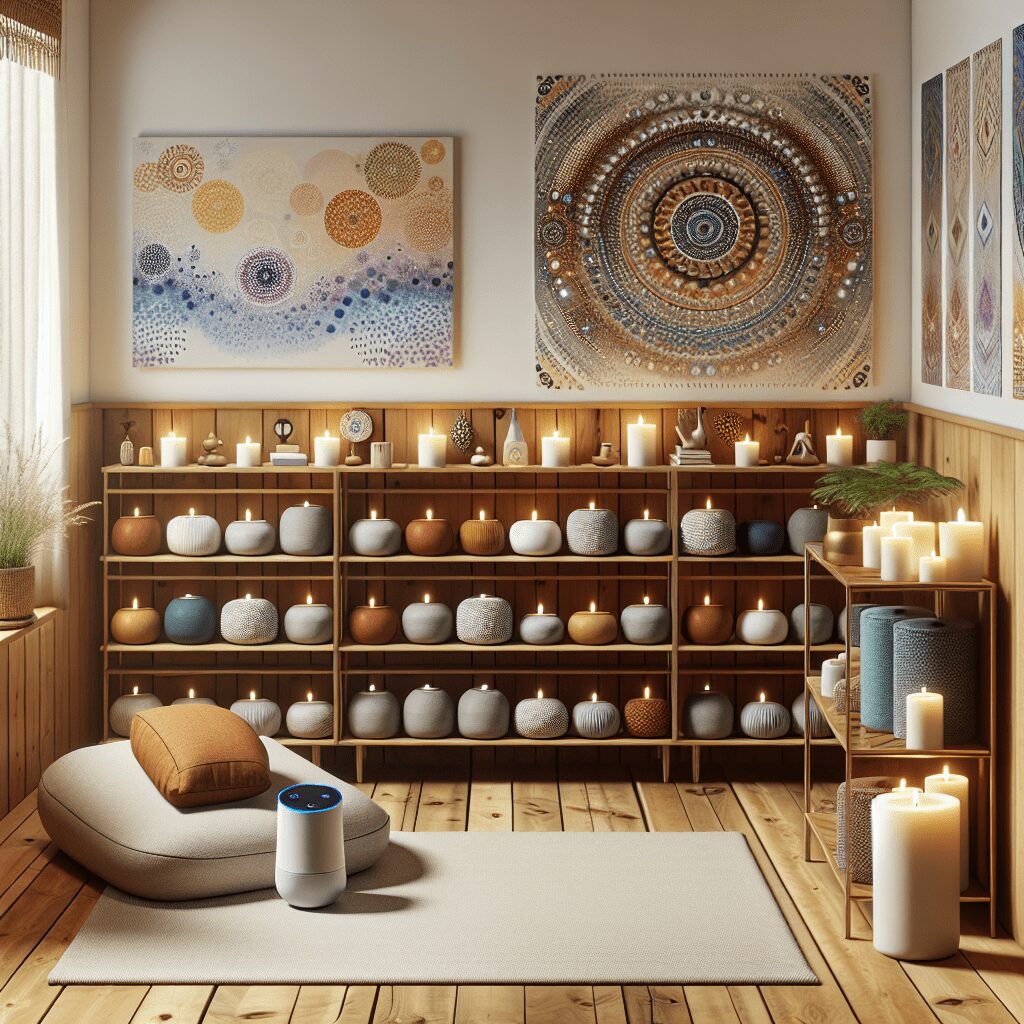
Prioritize your mental well-being daily. Enhance your life by nurturing your mental health with the Smart Meditation app. Break free from stress, alleviate anxiety, and enhance your sleep quality starting today.
How Does Anxiety And Depression Go Together?
The Unwelcome Duo: Anxiety and Depression
In the complex world of mental health, anxiety and depression often crash the party together, creating a formidable force that can knock even the strongest individuals off their feet. This peculiar pairing, though seemingly contradictory, intertwines more frequently than one might expect. Understanding how these two conditions coexist is crucial for anyone grappling with their effects or those looking to support loved ones in their mental health journey. So, let’s unravel this enigma and shed some light on the matter.
Navigating the Stormy Waters of Anxiety and Depression
At first glance, anxiety—with its hyperalertness and frantic energy—appears to be the polar opposite of depression, which often manifests as lethargy and a lack of interest in life. But life’s never that black and white, now is it? In fact, they’re more like two sides of the same coin, a yin and yang situation, if you will.
Here’s the Skinny on How They Mesh:
-
Chemical Imbalance Express: Choo choo! First stop, Neurotransmitter Central. Both anxiety and depression are linked to imbalances in the brain’s chemical messengers. Serotonin, often pegged as the “feel-good” neurotransmitter, plays a starring role in both conditions. When its levels drop, it’s like a double whammy—cue the entrance of both anxiety and depression.
-
Stress Overload: Ever heard the phrase, “stress can kill”? Well, it’s not far off. Chronic stress kicks the body’s “fight or flight” response into overdrive, leading to anxiety. If this state is prolonged without relief, it can trigger depression. It’s a classic case of too much of a bad thing being downright awful.
-
Sleepless in Anytown, USA: Ah, the elusive beauty sleep. Anxiety often causes insomnia due to racing thoughts and an overactive mind. Sleep deprivation, in turn, can lead to depression. It’s like trying to run a marathon with no rest—eventually, the body cries uncle.
-
The Isolation Equation: Anxiety can lead to social withdrawal due to fears of judgment or overwhelming social situations. Depression can deepen this isolation with feelings of unworthiness and apathy. Together, they create a vicious cycle that’s as hard to escape as a well-oiled hamster wheel.
Breaking the Cycle
Alright, here’s the good news. Breaking free from the clutches of anxiety and depression is challenging, but hey, who said life was a cakewalk? With the right tools and support, you can start to turn the tide. Here’s your toolkit:
- Mental Health Toolkit: Seeking professional help is numero uno. A therapist can provide coping strategies tailored to your unique situation. In some cases, medication may also be a helpful ally.
- Lifestyle Tweaks: Don’t underestimate the power of a healthy lifestyle. Regular exercise, a balanced diet, and adequate sleep can work wonders. It’s like oiling that hamster wheel so, eventually, you can step off it.
- Social Support: Lean on friends, family, or support groups. Sharing your experiences can lighten the load and remind you that you’re not alone. It’s the emotional equivalent of a group hug.
Final Thoughts
While anxiety and depression may seem like they’re in cahoots to make life harder, understanding their relationship is the first step toward disentangling their grip. Remember, it’s okay to ask for help—after all, even the mightiest warriors need a hand sometimes. So, here’s to breaking free from the unwelcome duo and steering the ship towards calmer waters.





